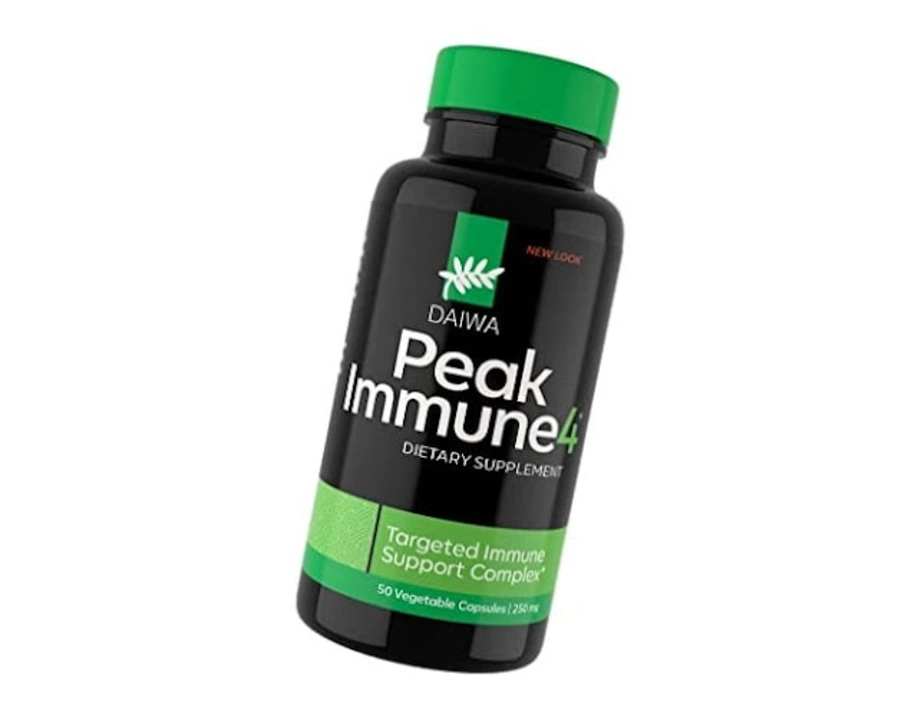Immunity Boost: Simple, Practical Ways
Feeling run down? Your immune system doesn’t need miracle cures — it needs small daily fixes you can actually do. This guide gives clear, practical steps to boost immunity without hype, plus when to see a doctor.
Sleep matters. Aim for 7 to 9 hours most nights. Sleep supports immune cell repair and lowers inflammation. If you struggle, fix the basics: keep a regular bedtime, cut screens an hour before sleep, and make your bedroom cool and dark.
Eat real food. Focus on vegetables, fruits, whole grains, lean protein, and healthy fats like olive oil and nuts. These foods supply vitamins A, C, E, zinc, and selenium — all tied to better immune responses. Add garlic, mushrooms, and colorful produce; they carry immune-friendly compounds and are easy to include in meals.
Vitamin D is common and simple to check. Low vitamin D links to worse respiratory infections. Ask your doctor for a blood test if you get frequent colds. If levels are low, a moderate D supplement usually helps — but follow medical advice on dose.
Move daily, even 20 minutes. Moderate exercise raises circulation of immune cells and lowers stress hormones. You don’t need intense workouts; brisk walking, cycling, or bodyweight circuits work fine. Avoid overtraining, which can temporarily weaken immunity.
Manage stress with short habits. Try 5 to 10 minutes of breathing exercises, a quick walk outside, or a hobby that lowers your heart rate. Chronic stress raises cortisol and can blunt immune defense. Small, consistent stress breaks add up.
Hand hygiene and common sense reduce exposure. Wash hands before eating, after public transit, and after touching common surfaces. Keep up with vaccinations recommended for your age and health conditions — vaccines teach your immune system to handle specific threats.
Probiotics and gut health matter. Roughly 70% of immune cells sit near the gut. A daily fiber-rich diet and fermented foods like yogurt or kefir help maintain a balanced microbiome. If you consider a probiotic supplement, choose one with documented strains and check with your provider.
Avoid smoking and limit heavy alcohol. Smoking damages mucus membranes and immune cells. Heavy drinking impairs immune function for hours to days. Cutting back improves your defense quickly.
Supplements can fill gaps but they aren’t magic. Vitamin C supports cellular function, zinc can shorten cold duration if started early, and D corrects deficiency. Buy from reputable brands and avoid megadoses unless directed by your clinician.
Watch for red flags. If you have recurring, severe infections, unexplained weight loss, night sweats, or persistent fatigue, see a doctor. Some immune problems need testing and targeted treatment.
Small habits stack. Better sleep, steady movement, cleaner eating, stress control, and basic hygiene will strengthen your immunity more reliably than quick fixes. Pick one manageable change this week and build from there.
Track simple wins: note sleep hours, mood, and how often you get sick. Small records show what works. If you take meds or have chronic disease, talk to your doctor before changing anything.
